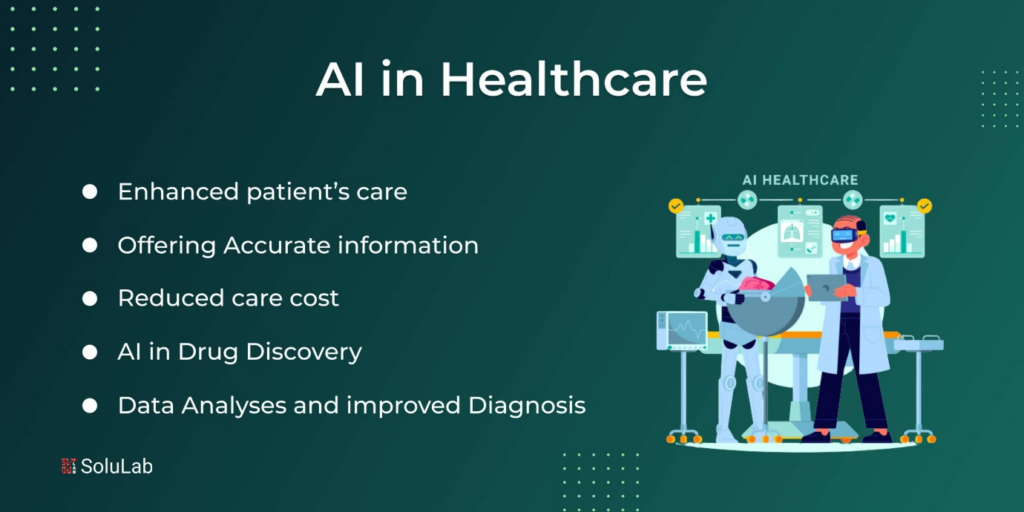Home » Features

AI tools can identify shadow data, monitor for abnormalities in data access and alert cybersecurity professionals about potential threats by malicious actors accessing the data or sensitive information—saving valuable time in detecting and remediating issues in real time.


F3 Plot Number 36 Ranganathan nagar second street selaiyur Tambaram Chennai-600073